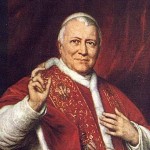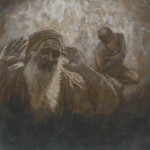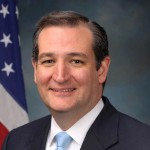 Greg Hillis reflects on Pope Francis’ concluding synod speech:
Greg Hillis reflects on Pope Francis’ concluding synod speech:
Pope Francis urges us in the church to walk a tightrope between progressivist accommodation and traditionalist retreat to stasis. To traverse this tightrope appears to be an uncomfortable process that involves disagreement, debate, and dialogue, all of which will continue over the coming year as the bishops in conversation with the laity continue their discernment. It is also a tightrope where the conclusions are not absolutely clear, and this is for all involved more than a little nerve-wracking. It is one that requires humility in the face of theological disagreement, a humility that recognizes our limitations to comprehend entirely the will of a God who transcends all things, but also one that is willing to – in Pope Francis’ words – be surprised by God.
This reminds me of something the French philosopher Paul Ricoeur wrote in the book, History and Truth: “The ultimate meaning of man’s perilous adventures and the values which they unfold is condemned to remain ambiguous: time remains the time of debate, discernment, and patience.”
One of the reasons that doctrine develops over time is that faith and morals, while distinct fields of inquiry, are not separate bodies of knowledge. The church teaches on matters of faith and morals in light of not only the words of revelation and tradition, but also the presuppositions, prejudices, lived experiences, and general knowledge of the age. As Hillis writes elsewhere in his post, “the church is not ahistorical; it exists in the world and is necessarily influenced by it.”
The church is situated in the hermeneutic circle. It guards the deposit of faith while interpreting and defining it contextually. The world informs its understanding of the faith as the faith illuminates its understanding of the world. As the disciplines of science, history, and philosophy develop; as new discoveries and insights are made in psychology, linguistics, and legal and political theory; the church rethinks and reinterprets its doctrine and discipline. This development can surprise us just as much as major scientific advancements or political revolutions can.
The doctrines and dogmas of the faith are, after all, social constructs. They’re formulas, and as the Catechism of the Catholic Church reminds us, “we don’t believe in formulas but in the realities they express, which faith allows us to touch.” What has been interpreted can be reinterpreted. What has been formulated can be reformulated. This is why the ultimate meaning of our existence remains ambiguous and why God, acting through the church, can surprise us even about matters we think we comprehend completely. Our faith needs its doctrines and dogmas, but in this cloud of ambiguity, the formulas of the faith remain open to criticism and development. This is all the more important because the formulas taught by the church have real life positive and negative consequences. Justice demands that we constantly discern how our beliefs and practices lead us to treat others. Where we are not giving others their due, we have an obligation to change, even if change is nerve-wracking.
Kyle Cupp is the author of Living by Faith, Dwelling in Doubt. Follow him on Facebook and Twitter.












